by Daniel | Last Updated September 4th, 2022
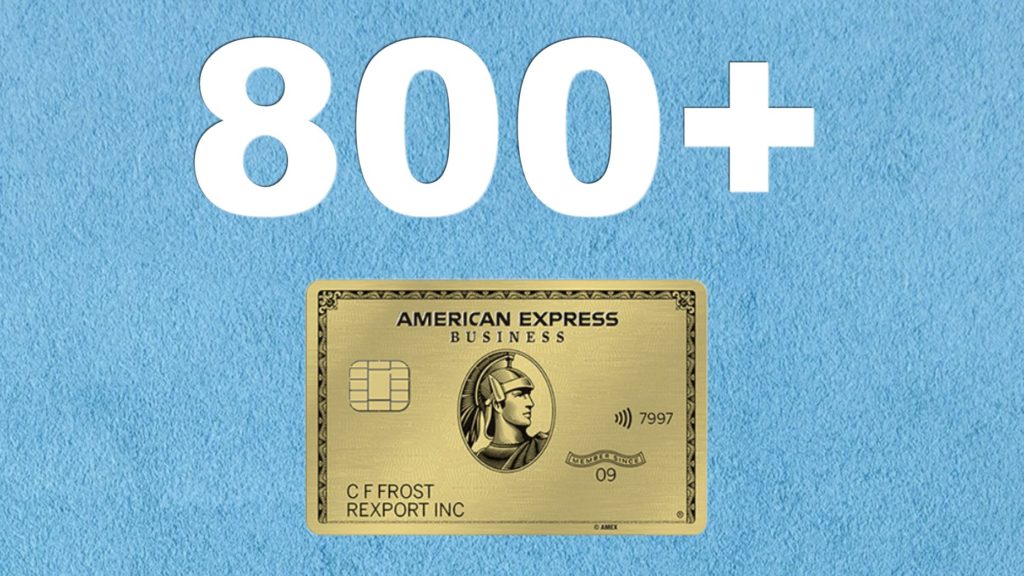
We may earn a commission for purchases using our links, at no cost to you.
If you’re wondering how you can quite quickly increase your credit score in a relatively short period of time, this article has you covered.
Basically, I’ll take you through a few different steps and show you how easy it can be as the process of actually improving and increasing your credit score isn’t really that difficult.
The main thing you have to do is stick to the plan that I am going to share with you now, and if you can do that it is almost certain that you will end up having a much better credit score in the not-to-distant future.
Understanding Why You Need a Good Credit Score
So first of all its worth learning why you need a good credit score because having a low or poor credit score can greatly affect your ability to access affordable credit, and this can be anything from a mortgage to different credit cards.
As an example, say you have an average credit score and apply for a 30 year fixed mortgage of $220,000 at a rate of 7.9%, it will cost $1,599 each month.
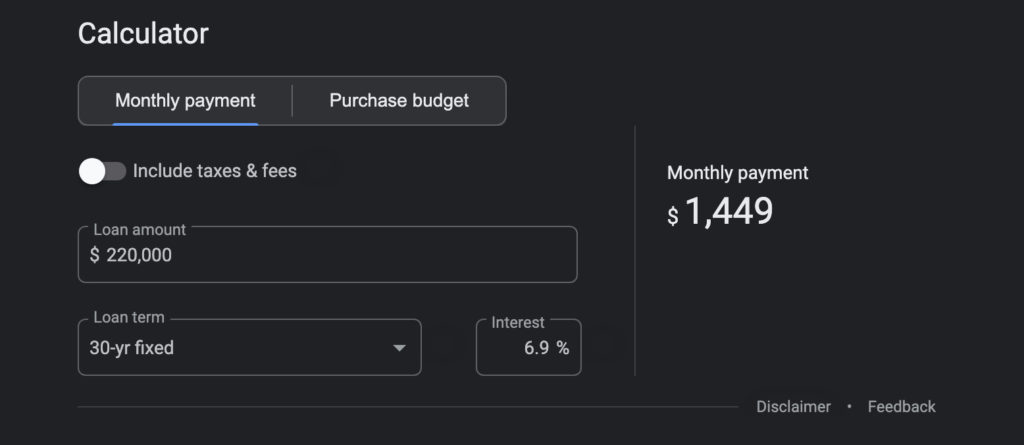
If you have an excellent credit score you might be able to get a lower rate of 6.9%, and this will bring the monthly cost down to $1,449, which is $150 less each month.
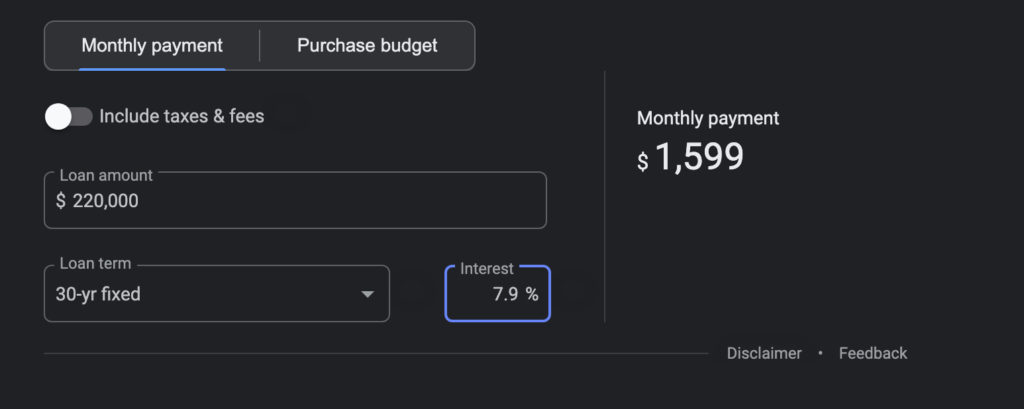
And over 12 months that is a saving of $1,800, and over 30 years it ends up being $54,000, which is a lot of money!
How Is Your Credit Determined?
So now you know why it’s important to have a good credit score, let’s go over how your credit score is actually calculated.
And to do this I’ll take you through the 5 separate factors that make up your FICO score
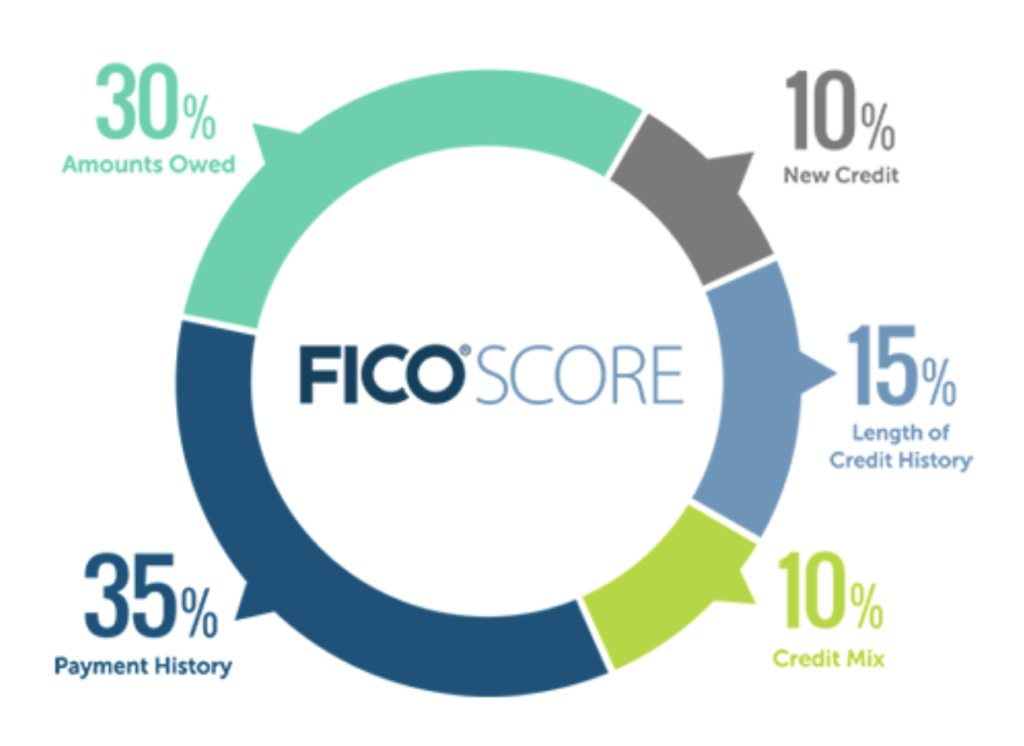
Payment History 35%
This makes up the largest part of your actual FICO score which is 35%.
And basically, it shows how you’ve actually paid your accounts over the length of your credit history.
Now the reason it accounts for 35% of your FICO score is that research has shown that your proven ability to make payments over time is the most effective predictor that you will continue to do so in the future.
Amounts owed 30%
Coming in as the second most important factor is the Amounts owed, which accounts for 30% of your FICO score.
And this is basically how much money you owe on your account or debt you are currently carrying.
Now if possible, it is best to try and keep the amount of debt you owe low, as when you start to utilize a large portion of your available credit, it can indicate to lenders and card issuers that you may be overextended, which will then negatively affect your creidit score.
Length of Credit History 15%
So next up is the length of your credit history, which is still an important factor in determining your FICO score.
Although you don’t have to have a super long credit history to have a good credit score, it can still help.
Credit Mix 10%
Now accounting for 10% of your FICO score is your credit mix.
And this basically takes into account different lines of credit you might have.
This can include anything from credit cards, auto loans, student debt, or a mortgage.
Now if you only have one form of credit, that is totally fine, it is not imperative to have a large variety of credit owed to multiple lenders.
New Credit 10%
And finally, new credit also makes up 10% of your FICO score.
As an example, this could be multiple new credit cards that you might have applied for within the last 12 months, and this can be a bad thing.
Credit card inquiries stay on your credit report for 2 years, so if you apply for too many credit cards in a short period of time it will actually lower your average account age, which can negatively affect your FICO score.
Become An Authorized User
Now one of the easiest and fastest ways to improve your credit score is to become an authorized user.
And how this works is pretty straightforward.
Basically, you ask a friend or family member if they would allow you to be added to their credit card account as an authorized user.

Now there are a few things that you need to know before you do this.
it’s worth noting that some credit card companies don’t automatically report the account information to the Authorized user’s credit history.
So make sure to contact the lender or credit card company to make sure they will report the information back to all three of the major credit reporting agencies which are:
- Equifax
- TransUnion
- Experian
If they don’t do this, then it’s clearly not worth becoming an Authorized user for that specific credit card account.
Then you will want to find out if the account that you want to be added to has a good credit score and a history of keeping its balance owing low, (Ie low credit utilization ratio).
And this is important because if their credit score is poor, it won’t help you at all, also if they have a poor credit utilization ratio on their account of say 40% or more, it can actually have a negative impact on your credit score.
So if you do decide to become an authorized user, just make sure that the primary account holder continues to make timely payments on their account and keeps their credit utilization ratio below 30%.
If for any reason there are issues with the account it is possible to make a request for the account to be removed from your credit report, which means it will no longer appear on your credit history.
Now another thing to take into account is that only the primary account holder will be legally responsible for any credit repayments which means it can be risky for them.
So it is possible to have your name put on their account and then not receive a credit card.
And this basically covers the primary account holder from having any unwanted purchases made on their credit card account.
Basically, this is a great way to initially help establish a credit report and then boost your credit score.
But consider opening your own account at some point and managing it responsibly, as this will stop you from having to rely on someone else and actually help you to build your credit score and credit report more effectively.
Apply for a Secured Credit card
Now if you don’t know anyone that is willing to add you as an authorized user to their account and you have little to no credit history, it’s worth considering applying for a secured credit card.
And this is s great way to start establishing a good credit history.
Basically, when you get a secured credit card the credit card lender will require you to put down a deposit into their savings account, and in return, you will receive a credit card that has a credit limit that is usually the same as the amount you put down as the deposit.

And the minimum cash deposit required for a secured credit will vary depending on which card you end up choosing.
It can be as low as $200 up to $5,000 or more.
Now it’s worth noting that to improve your credit score you will need to make sure you pay off any amount owing before the due date each month with separate funds from the deposit that you put down.
The depot that you put down is mainly used as collateral by the credit card lender in the event you fail to make any payments.
It’s also worth keeping in mind that you should avoid ever carrying a balance over from one month to the next, as this will just end up costing you more money in interest charges and fees and can negatively affect your credit score.
Simply just pay down whatever credit you owe as soon as you can to avoid any issues in the future.
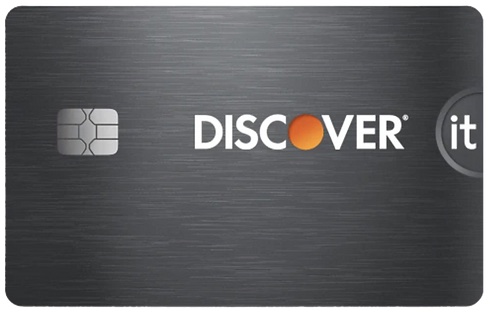
So as an example, the ‘Discover it‘ Secured Card has a minimum deposit of just $200 and has the ability to earn 2% back on purchases at gas stations and restaurants up to a total of $1,000 each quarter.
And then at the end of the year Discover offers ‘Cashback Match’ which means that all of the cashback you earned over the year will be matched by Discover.
Apply For New Credit
Now another common way to help increase your credit score is to apply for new credit.
And this can be done in a number of ways.
First of all, you can apply for a new credit card, and what this does is effectively increase the amount of available credit that you have, which will then usually lower your credit utilization ratio, which is a factor in determining what your credit score is.
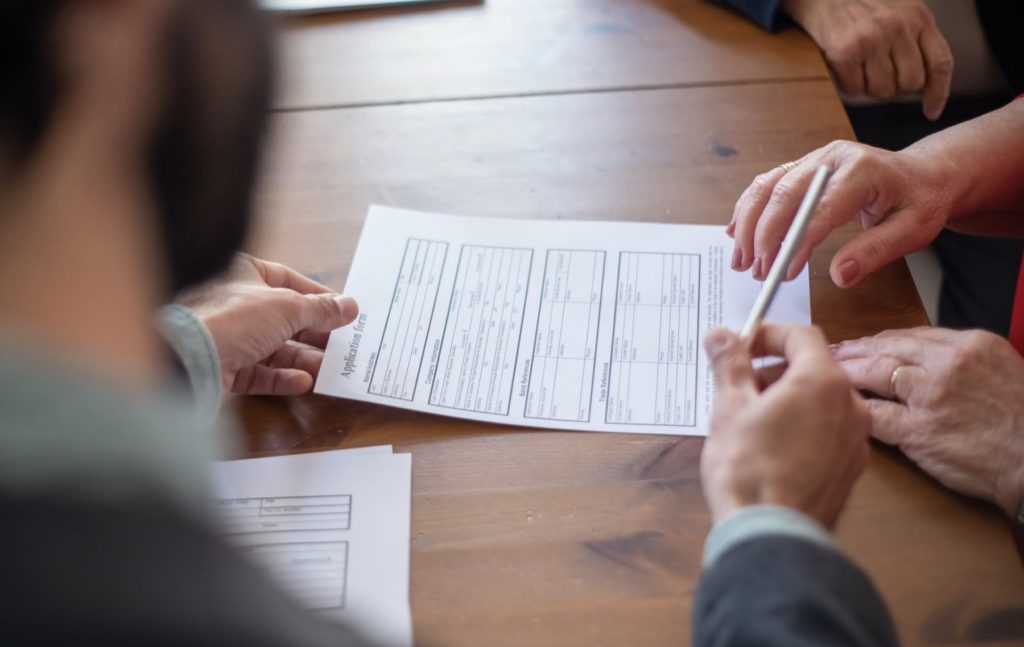
Now if you don’t want to apply for a new credit card there is the option of asking for a credit limit increase to your current credit card.
And if done successfully it will essentially have a similar effect to getting another credit card.
But it’s extremely important to remember that just because you have access to more credit, it doesn’t mean you should use it.
The best thing to do if you receive either a new credit card or a credit limit increase is the keep your credit utilization as low as possible, and definitely under the recommended 30% utilization ratio.
This will really help to give a positive bump to your credit score.
Just know that either of these methods can result in a hard inquiry on your credit report which can negatively affect your credit score for a few months and also stay on your credit report for two years.
Also, each time you apply for a new credit card it will reduce the average age of your credit history, which makes up 15% of your FICO score.
As recommended by Experian, it is best to try and wait at least 6 months if not 1 year before applying for a new credit card.
And by doing this, you reduce the negative impact on your credit score.
Also, if you are considering applying for a mortgage or getting an auto loan it’s best to wait until you have been approved for either loan before you apply for a new credit card.

Also, if you are considering applying for a mortgage or getting an auto loan it’s best to wait until you have been approved for either loan before you apply for a new credit card.
And this is because you want your credit score to be as high as possible when you apply for a large loan.
Basically, even just a small change in your credit score can greatly affect the interest rate you receive from the lender, which will in turn end up costing you a large amount of money over the life of the loan.
So be mindful not to go overboard applying for multiple credit cards all at once as it may end up doing more damage than good.
Keep Your Credit Utilization as Low as Possible
Now another way to help improve your credit score and maintain a good credit history is to keep your credit utilization ratio under 30% or even lower.
When you have a low credit utilization, it shows lenders that you are only using a small amount of your available credit.
And this is a signal to lenders that you are not under any immediate financial stress and are most likely managing your credit in a satisfactory way.
Keeping your credit utilization ratio nice and low will ultimately help to improve your credit score.
It will also make it easier to receive additional credit at lower rates, such as a new credit card, auto loan, or mortgage.
So an easy way to keep your credit utilization ratio low is to make multiple payments each month to make sure you never use more than 30% of your available credit.

A simple example of this would be to pay off any charges to your credit card when the charge has been officially posted to your account.
I have done this for quite a long, and my credit score has been over 800 for quite a few years.
Check For Any Credit Errors
Now it is possible that there are errors on your credit report that weren’t your fault.
And this could be a result of a simple mistake from your bank or even credit card scammers using your information.
So it’s a good idea to keep an eye on your billing statement on a weekly basis to see if there are any unusual charges that have been made to your card, as it does happen.
If there are any issues, make sure to notify your card issuer as soon as possible to resolve this issue quickly and reduce any potential negative effects to your credit score.
Now a great resource you can use to check your credit report is the website –
AnnualCreditReport.com
And this website is authorized by federal law, is free and safe to use
Basically, it provides information from all three major credit bureaus and has access to a large amount of your credit use.
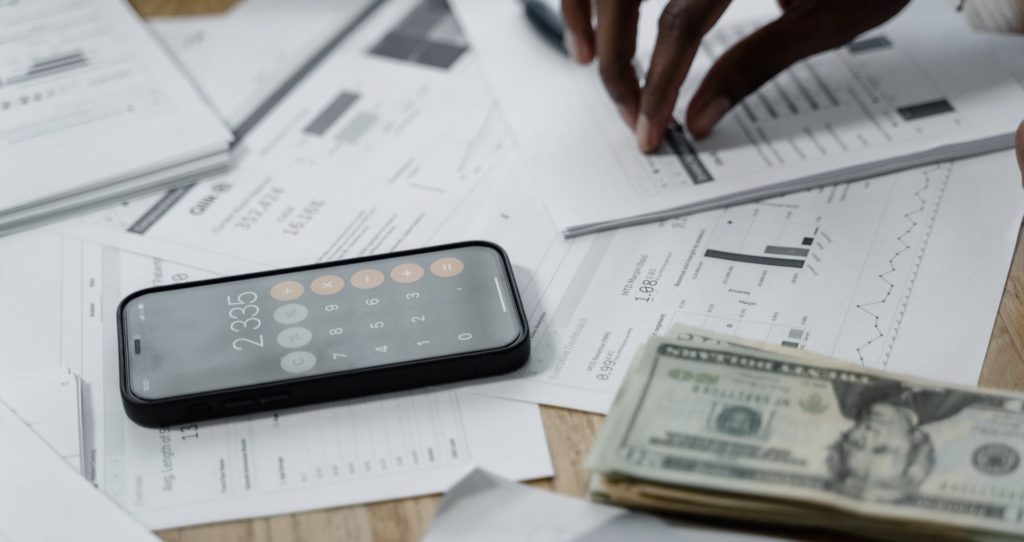
So if you do happen to find any errors on your credit report you can dispute them, and this can be done by contacting one or all three of the credit bureaus by sending a letter or calling them.
And I’ve left a link to each of the three credit bureaus’ dispute pages below
- Equifax
https://www.equifax.com/personal/credit-report-services/credit-dispute/# - Experian
https://www.experian.com/ncaconline/dispute - TransUnion
https://www.transunion.com/credit-disputes/dispute-your-credit
Final Thoughts
So that pretty much covers everything you can do to help boost you toward and hopefully over a credit score of 800.
And just remember that having a good credit score is extremely important, as it can greatly affect your ability to receive new credit, which could be anything from a credit card to a mortgage.
It can also make a huge difference to the rate you receive from a lender, which over a long period of time can really add up.
Now if you would like to learn some really interesting facts about credit card statistics check out this article here.
